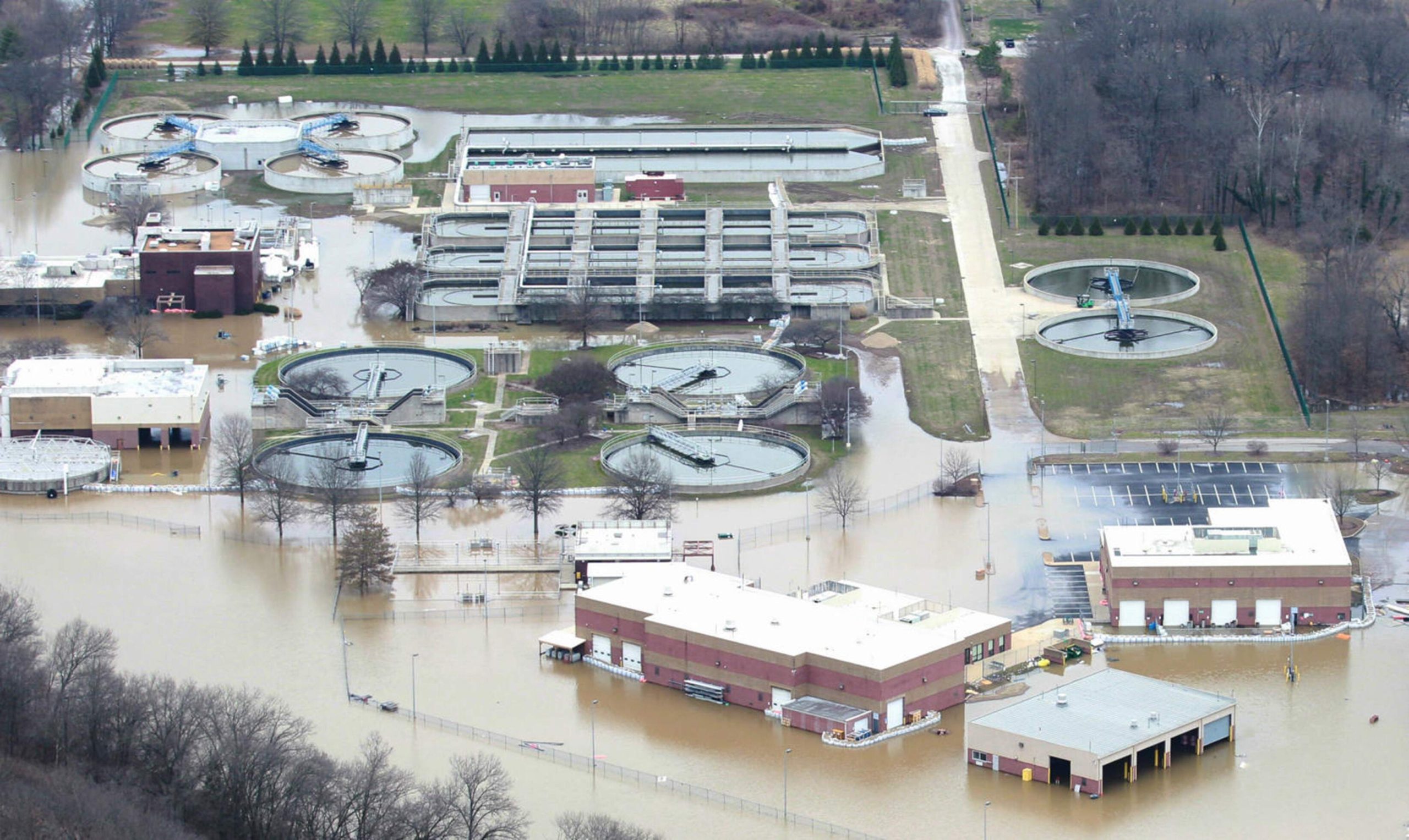Benefits of Electrical Resiliency Studies
Do you fully know the reliability of your electrical systems?
Electrical resiliency is more important than ever. Read more about the benefits of electrical resiliency studies and why you should invest in them.
Jump to section if you are a:
City/municipality | ISD | Healthcare facility | Water/wastewater treatment facility
More Critical Than You Realize
Electrical resiliency studies focus on evaluating an electrical system’s overall reliability.
Like a doctor monitoring a patient’s vital signs, electrical resiliency studies give you a “pulse” or reading to measure your electrical system’s health.
They show the system’s true ability to withstand and recover from disruptions caused by natural disasters, equipment failure, cyberattacks or a plethora of unforeseen events.
Perhaps most importantly, electrical resiliency studies assess vulnerabilities and recommend improvements that take the whole system into consideration, rather than isolated areas.
These electrical resiliency studies promote the implementation of critical measures like:
-
-
- Assessing electrical load requirements within the electrical infrastructure
- Identifying which systems have backup power support
- Hardening electrical systems
- Physical security
-
The overall goal of electrical resiliency studies is to reduce restoration costs and improve system reliability for long-term needs.
Why invest in electrical/infrastructure resilience studies?
Investments in system resilience will not have lasting positive impact unless it properly addresses the system as a whole.
“Before you start finding the solution to a problem, you ought to know what exactly the problem is.” -Dr. Prem Jagyasi
By taking time up front to assess the entire electrical system, you get a more informed perspective on the intricacies that lie beneath. A qualified electrical engineer professional can then assess recommended improvements that will yield the best long-term reliability.
Investing now means a better return on investment dollars.
How do I know if I need an electrical resiliency study?
If your facility cannot risk downtime due to electrical system failures, or if the integrity of your electrical supply during incidents is uncertain, an electrical resiliency study is imperative.
Critical facilities that have recently undergone significant enhancements also benefit from such studies to ensure uninterrupted operation in all circumstances.
Conducting a resiliency study provides a comprehensive understanding of your system, beyond immediate issues and desired improvements. It uncovers the root causes of system vulnerabilities, allowing for strategic planning and efficient allocation of resources to address both current and future needs.
Saving Dollars in the Long Run
Root causes need to be properly addressed—meaning electrical systems in their entirety need to be factored in, or else problems will reoccur.
Not looking at the holistic system and needs before investing precious dollars into system improvements will cost you more time, energy and money in the long run.
“One must know the problem better than the solution, or the solution becomes the problem.” -James Dashner
City/municipality
An electrical resiliency study is crucial for city and municipal facilities, especially those involving first responders (e.g., police and fire stations, emergency operations centers and data centers).
These facilities require highly reliable electrical systems to maintain their operational integrity because the well-being of residents directly depends on the readiness and response capabilities of first responders. Unreliability in electrical systems can delay response times and ultimately jeopardize public safety.
A resiliency study assesses the current state of electrical systems, ensuring that these critical facilities are equipped with robust and resilient power solutions to meet emergency demands without fail.
ISD
Electrical resiliency studies can help Independent School Districts (ISDs) ensure school safety by assessing the reliability of incident response and recovery.
ISDs need to ensure the continuous and reliable operation of school facilities to protect teachers and students. Surveillance, access control systems and emergency notification systems could provide lifesaving measures in the event of a crisis. These studies help ISDs identify potential vulnerabilities in their electrical systems and recommend measures to enhance resilience.
Halff provided Harlingen CISD various MEP and ICT services, including intercom and fire system design, surveillance camera design, lighting, cable tray routing and more — all of which are critical to maintain proper function of state-of-the-art equipment.
Healthcare Facility
An electrical resiliency study is very important to ensure life-saving healthcare operations can continue to run smoothly. Facilities like hospitals and urgent care centers require reliable operations to ensure the well-being of patients.
Increased digitization in healthcare facilities also makes them vulnerable to cybersecurity risks. Power disruptions or system failures can cripple life-saving equipment and prevent essential services, putting patients at great risk.
Water/wastewater treatment facility
Even a brief system failure can disrupt facilities. Water/wastewater treatment facilities can benefit in many ways from an electrical resiliency study.
These water/wastewater facilities need reliable operations because they provide essential services that directly impact public health and environmental safety. If these systems fail, the consequences can be severe, including contamination of drinking water, untreated wastewater discharges and health hazards to a community.
Water facilities are also vulnerable to natural disasters like flooding, as shown above.
Talk to a Trusted Advisor
Halff’s MEP team acts as a trusted advisor to clients when performing electrical resiliency studies. These electrical resiliency studies save entities time and money down the road, because they maximize investments and use them in the most efficient ways or needed areas.
We thoughtfully evaluate your system, and ask what is most critical to accomplish the mission?
We then collaborate with all the stakeholders to plan where (and when) the investments will be needed most. This ensures the best possible value and return on investment for our clients in the long run.
Want to talk to an expert? Our MEP professionals work closely with you and all stakeholders to deliver a valuable look into your electrical systems. We act upon your best interest, as we offer years of experience and knowledge in a variety of industries.
Let Halff help by contacting MEP/ICT Practice Leader Jose Delgado, PE, RCDD, LEED AP (josedelgado@halff.com).








